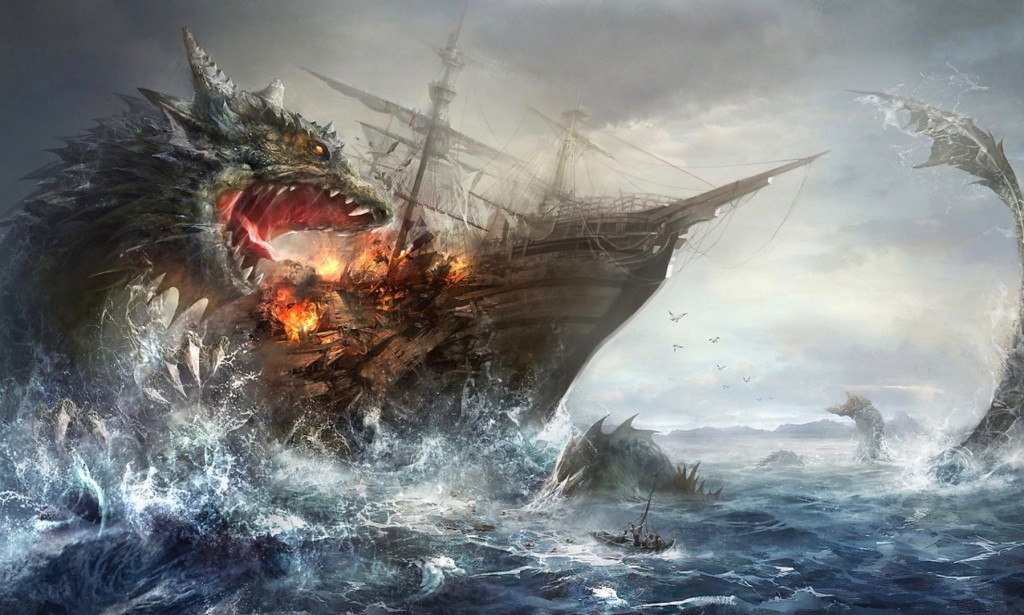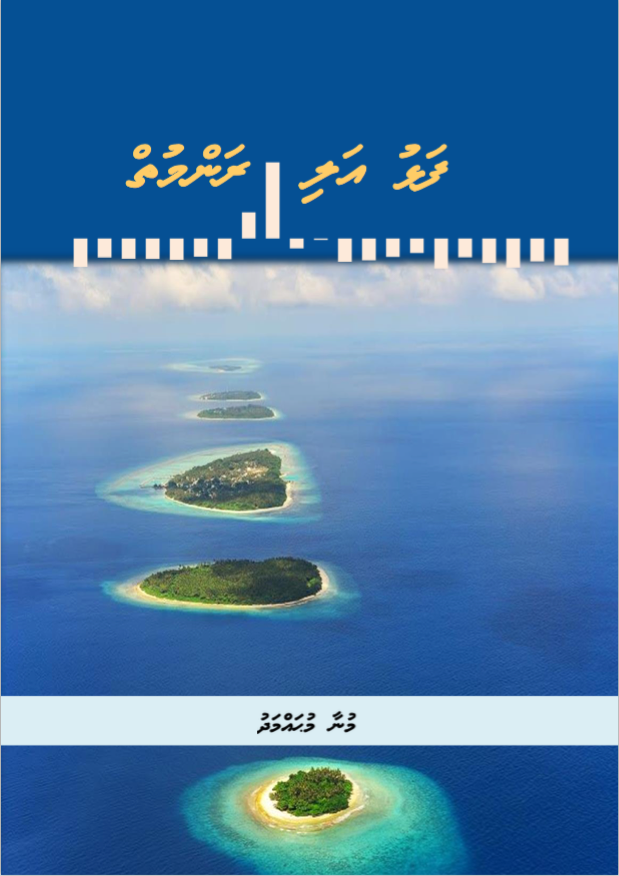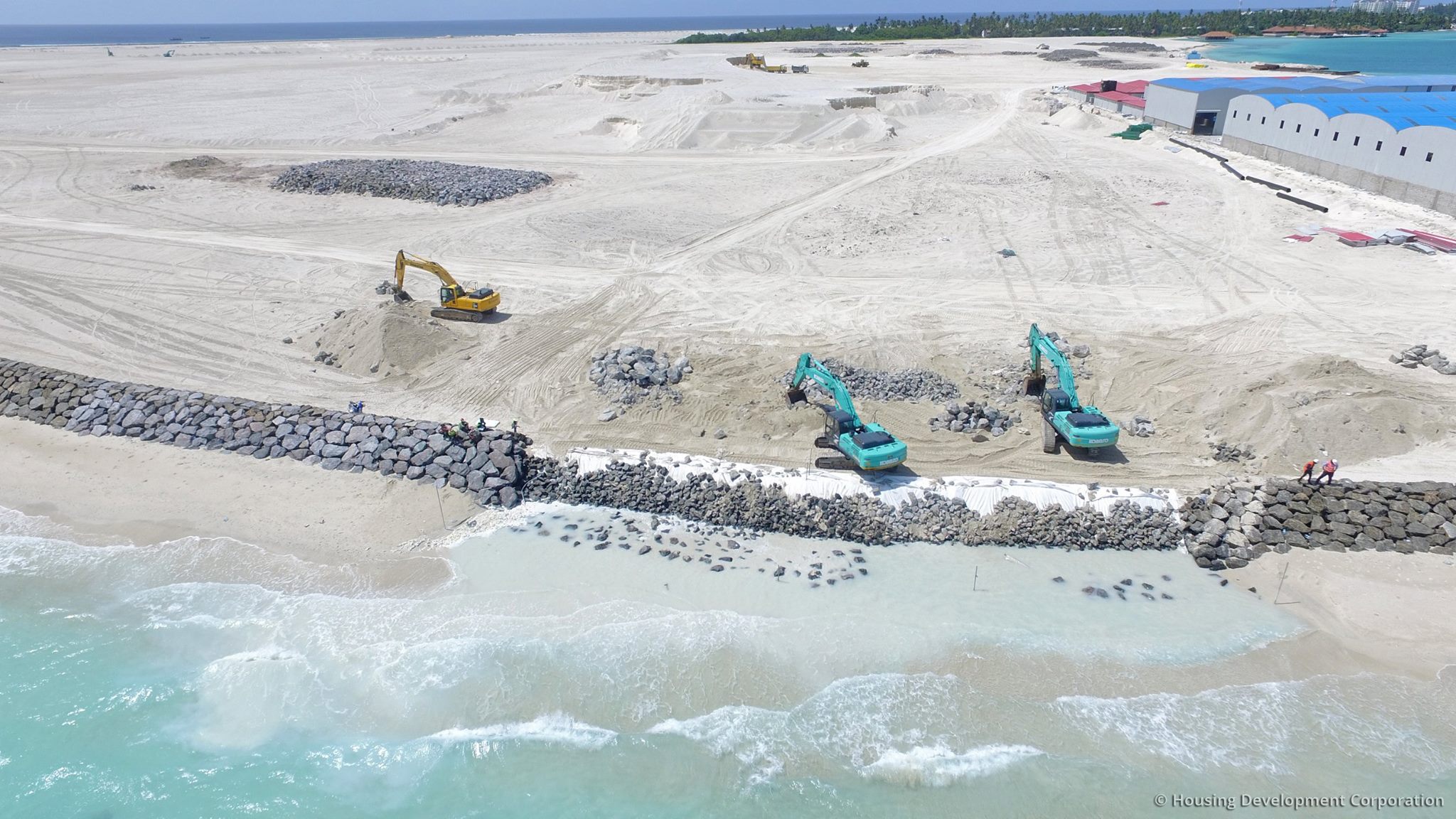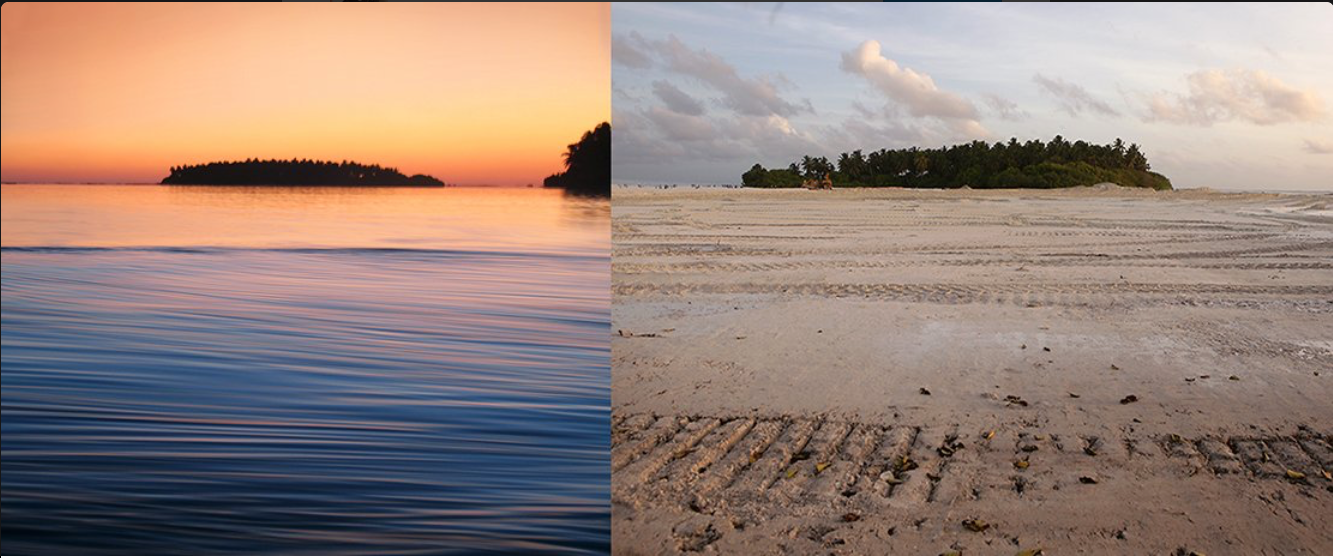First they came for Faafu II
by Azra Naseem
2. Of myths and monsters
This is a very interesting story.
Today’s Crown Prince and Defence Minister of Saudi Arabia Prince Mohamed was not always a very popular member of the aristocratic Saudi royal family. Those days, Mohamed used to spend a lot of time in the Maldives. He stayed on an island in Faafu Atoll and went snorkelling. When the Prince went past Himithi on these trips, he marvelled at its beauty.
His noble heart took a fancy to Himithi. He made contact with the government, and through it, the varuvaa holders. The Prince got permission to develop the island as his own private holiday retreat. At the same time, Mohamed’s star began to shine bright on the Saudi horizon. King Abdulla died and Mohamed’s noble father Salman ascended to the throne. Mohamed became Crown Prince, and was given the powerful position of Defence Minister. Prince Mohamed is the visionary who designed the present Saudi economy and drew up Saudi Arabia’s new development plans.
With so much responsibility to bear, the Prince no longer has the opportunity to swim in the seas of the Maldives. But the Prince has not forgotten Himithi. Even King Salman knows just how much Mohamed loves the Maldives. The King himself, with his own noble tongue, told Maldivian President Yameen so. What’s more, the King himself also loves the Maldives, just like the noble Son Mohamed. The King made an official visit to the Maldives at the beginning of President Yameen’s rule.
The Prince has now changed his earlier concept of creating his own private retreat on an island. The close friendship President Yameen has with Saudi King Salman and his Noble Son played an important role in making this change happen. The new drawings were created by the very best designers in the world. That President Yameen has been granted the opportunity to view these designs can be understood from what the President said in his latest speech in Faafu Atoll. There have only ever been just two or three such concepts in the entire world.
They will build a big big city like Dubai in the Maldives. They will invest dollars in many billions. Saudi Arabia has such vast riches this is nothing to them. Big land will be reclaimed to build this city.
The ‘interesting story’ above is an extract from the chief narrative the Maldives government is disseminating to tell people the story of how President Yameen has made a deal to sell territory in Faafu Atoll to a group of rich privileged men from the Saudi royal family.
It is a clever strategy.
Every state has its founding myths, narratives repeated so often through time they become ‘truths’. These narratives become the basis on which national identities—and often policies—are built. Take, for example, the narratives of American Exceptionalism, and Satthain Sattha Maldives. These narratives, when repeated in various forms, pull at the national ‘psyche’, and successfully reactivate nationalism, patriotism and other such emotive ideologies the disseminators want during a given period of time.
In the tone and manner of telling, the government’s Saudi sale narrative is very similar to the Rannamari myth at heart of the Maldivian identity of Satthain Sattha Muslim. Non-Muslim Maldivians living in darkness, plagued by monsters, and existing in a perpetual state of fear, were shown the light by a learned scholar from the holy lands of Arabia who, with the help of a wise King open to religious enlightenment, paved the way for Islam, prosperity, and eternal peace in the Maldives. Since then, says the narrative, Maldives has been a Hundred Per Cent [Satthain Sattha] Muslim country.
Until now, that is. Today the Satthain Sattha identity is under serious threat, says the government.
Irreligious Laa Dheenee locals colluding with the Great Satan of the West, have come together to threaten the faith of Maldivians. These monstrous forces have been launching sustained attacks on Maldivian belief systems ever since a majority adopted the Western concept of democracy. Embracing these values have stood in the way of development and prosperity, and weakened Maldivians’ belief in Allah.
Maldivians of the 21st Century need rescuing, just like those of the 12th Century. Fortunately for Maldivians, wise President Yameen, like the enlightened King who embraced Islam in 1153, has become friends with not just a multitude of Arab scholars, but the King of Arabia himself, and his Noble Son, the Crown Prince Mohamed. Mohamed will bring Islam back to the Maldives in its proper form. He will save the Maldives.
The plans for Faafu are far from mere economic genius.
So-called gentry and their jealousy
Another narrative planted in the ‘independent media‘, and successfully taking hold, is that criticisms of the Maldives government deal with the Saudi royal family are manufactured by the Privileged Male’ People jealous at the prospect of mega development somewhere other than Male’.
The Male’/Raajjethéré divide is not in itself a myth. Vast differences exist between the capital island and the rest of the country in terms of economic development and provision of primary needs such as education and health. Fostered by these inequalities systematically created by the central government in Male’, a ‘truth’ was constructed in which people of Male’ are somehow superior to that of people born elsewhere.
This long surviving inferiority/superiority complex–although weakened substantially in recent times–survives like racism, apartheid and other such systems of inequality do elsewhere. Now the government is picking the scabs of this national wound, and drumming up support for the deal in Faafu by making people feel the injury afresh. The allegations of Male’ jealousy plays to audiences who have long suffered inequalities stemming from the centralisation of power. Given the familiarity of the narrative, it very much rings ‘true’.
The Yameen government has completely dismantled the fledgling structures and nascent plans geared towards decentralisation. In this light, the the idea that the Faafu project is intended to empower people of the atoll and surrounding areas is laughable. Decentralisation experts have pointed out that when Yameen came to power, existing laws required atoll assets to be handed over to respective islands and atolls. But local councils have since been systematically stripped of any authority and power. If empowerment of the people is a motive that drives government plans for outer atolls, why strip people of the atolls of all authority over their own resources?
Fact is, Yameen has already signed the dotted line on the deal it made with the royal family. The deal was sealed long before people came to know about it. It was done with zero public discussion on the inevitable and irreversible damage the Saudi Mega City project stands to cause to the fragile Maldivian environment; national security implications; or how it will change Maldivian society and culture. The most powerful way—perhaps the only way—to resist the future they have carved up for Faafu, and by association the entire Maldives, is for the people to consider these threats and unite against the plans.
The (re)telling of powerful national myths in times of crises is a tactic that can be more effective than the brutal crackdowns that bring democratic protests to a stand-still. To drum up support for the War on Terror, US leaders tapped the myths of American Exceptionalim and Manifest Destiny. The narratives being (re)told by the Yameen government work to unite people in support for the Faafu plans against the manufactured threats to their religious beliefs and their right to equality.
In selling Maldivian land to the great Saudi Royal Family, custodians of Islam’s holiest sites, the government has brought not just riches but also blessings from Allah to the people of Maldives. In a single deal, the president has paved the way to resist the Infidels who are attacking Islam in the Maldives on so many fronts, and to shrink the demon of irreligiosity. All the while he is cutting those privileged superior Male’ people down to size by making the people of Faafu equally rich, empowered, and closer than ever before to God (by association with the Saudi Royal Family).
Only the irreligious, the foolish, the jealous and the arrogant would object.
First they came for Faafu I: Of Kings and Pawns



